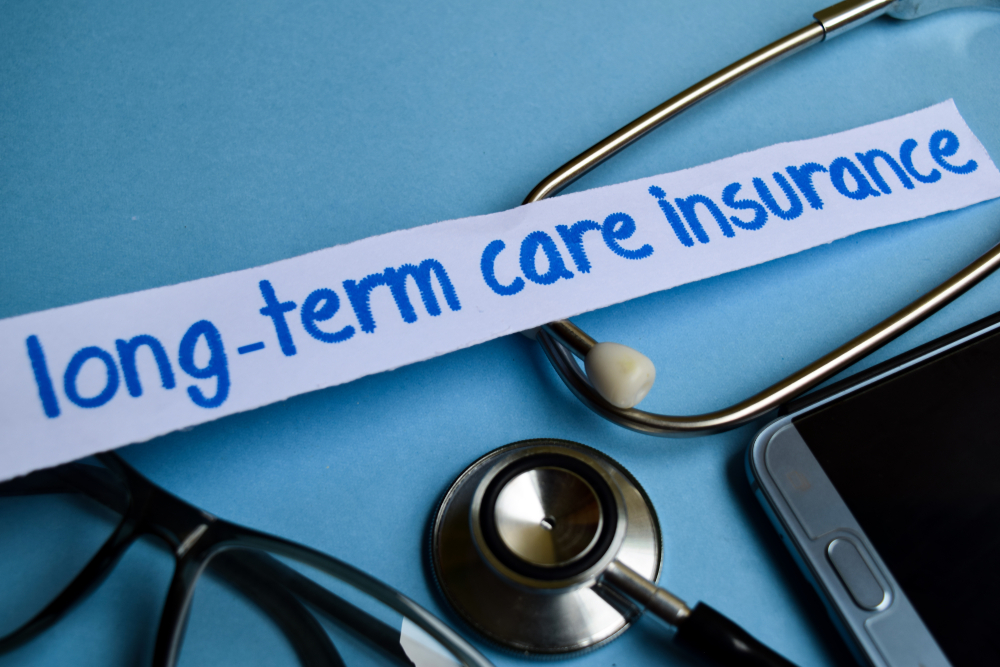As of the 2025 tax year, many older Americans may realize a new tax benefit…

Taking Care of Caregivers is Important Too
In the hospital, Jeanette’s father begged her to take care of her mother if he could not. Of course, Jeanette agreed.
Years later, Jeanette’s father passed. Her mother’s hearing and eyesight failed, she could no longer drive, and she had fallen several times. Jeanette remembered the promise to her father.
Reviewing a Loved One’s Estate Plan
Jeanette’s first step in keeping her promise was contacting her mother’s elder law attorney. They reviewed her mother’s financial planning and powers of attorney to make sure Jeannette could help her with medical and financial needs when she could no longer make decisions for herself. Between physical and mental decline, this would be critical to protect and support her needs.
Becoming a Loved One’s Caregiver
Jeanette joined a community of millions who take care of aging parents. The challenge is enormous, and caregivers may feel a loss of freedom. Family emotional issues, left unaddressed for years, often re-emerge. Jeanette was spending money to cover additional expenses related to her mother’s health care costs. Between modifications to her home, medical supplies and equipment, and traveling to and from doctor’s appointments, she was losing sleep from worry. How could she balance the demands of caregiving while striving to meet commitments to her family and workplace? Her spouse and children also needed her help with preventative care or support when they were ill. Time off from work was harder and harder to come by, yet she had to be flexible to meet daily demands and emergencies.
Legislation to Help Caregivers
The great numbers of people in Jeanette’s situation pose a substantial public health issue. Congress passed the RAISE Family Caregivers Act in 2018, to establish a national strategy to provide assistance to unpaid caregivers and their families. Actions to support aging in place include:
- Promoting greater adoption of person- and family-centered care in all health care and long-term service and support settings, with the person and the family caregiver at the center of care teams
- Assessment and service planning (including care transitions and coordination) involving care recipients and family caregivers
- Information, education, training support, referral, and care coordination
- Respite options
- Financial security and workplace issues
Community resources help caregivers take care of themselves. The following is a list of websites that provide valuable information.
- You can visit the Mayo Clinic website for advice on self-care and how to manage caregiver stress.
- The Area Agencies on Aging is a national association of nonprofit agencies serving as a clearinghouse for information on public long-term support and benefits. Services include:
- Elder transportation
- Emergency assistance
- Respite care (services to provide rest for the caregiver)
- Individual counseling and support groups
- Caregiver education classes and training
- Visit the Caregiver Action Network for advice organized by the stage of the process the caregiver is in, including:
- Care checklists
- Advice on cost management
- How to juggle work and family obligations with caregiving responsibilities
- Caregiving.com offers podcasts, a story-telling project, a directory of caregiving consultants, and an extensive free webinar library covering numerous topics, including:
- Decision fatigue
- Daily fatigue
- Boundary-setting
- Respite care
- The Family Caregiving Alliance is the first community-based nonprofit in the country to address the needs of families and friends by providing long-term care for loved ones at home. It provides information, support, and resources state-by-state, as well as sponsoring research initiatives for caregiver programs and policies.
- The National Alliance for Caregiving provides a long list of resources, including:
- Government programs for family caregivers
- Care locators
- Caregiving calendar to coordinate group volunteer efforts
- Financial information
- Organizations that address caregiving for specific conditions like cancer and Alzheimer’s
- Parenting Our Parents offers peer-to-peer networking, family coaching, videos, and a collection of website resources.
If you have questions about caregiver support or would like additional information, please don’t hesitate to contact our elder law attorneys. Our firm is dedicated to informing you of issues affecting seniors who may be experiencing declining health. We help you and your loved ones prepare for potential long-term medical expenses and the need to transition to in-home care, assisted living care, or nursing facility care, contact us at (321) 729-0087.



